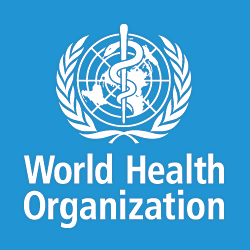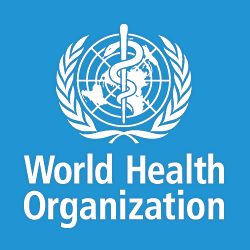
GENEVA, May 23 (Xinhua) -- UN World Health Organization (WHO) Director-General Margaret Chan will step down in July after 10 years of service, a period which has seen the public health sector achieve remarkable goals while tackling tough challenges.
At the opening of the 70th session of the World Health Assembly (WHA) on Monday, Chan said:" The world is better prepared but not nearly well enough."
Chan, who launched a report on her time at the helm of the WHO, lauded the organization's fight against health scourges such as HIV, tuberculosis and malaria, and commended the way it has used its vast technical expertise to adapt to complex and protracted public health issues.
Figures show that the number of people dying of HIV and malaria has been cut in half, and 49 million lives have been saved thanks to WHO's effort to fight tuberculosis since 2000, with the number of child deaths dropping below 6 million for the first time in 2015.
Chan also welcomed the global community's pledge to prioritize universal health coverage as the foundation upon which to bridge persisting gaps between countries and regions.
Despite these achievements, which have contributed to improving public health conditions and extending life expectancy worldwide, Chan warned that the international community is facing complex and unprecedented health challenges.
These challenges are due to a fundamental shift in public health, where chronic noncommunicable diseases have overtaken infectious diseases as the biggest killers in the world.
This requires a new set of guidelines that must take heed of deep-seated societal changes including aging populations, the systemic marketing of unhealthy products and rapid urbanization.
While some changes are beyond WHO's control, the UN organization has learned through its own errors how best to deal with health crises.
This entails taking a self-critical stance towards its core ability of responding to complex and fast-evolving public health emergencies including Zika, MERS and Ebola.
Chan acknowledged the WHO's failings in responding to the Ebola crisis that hit West Africa in 2014, an outbreak that eventually resulted in 11,310 deaths in Guinea, Liberia, and Sierra Leone.
"This was West Africa's first experience with Ebola, and the outbreak took everyone, including WHO, by surprise," she explained, adding that the organization was too slow in recognizing the behavioral change of the virus, which had previously been documented in Central Africa.
"But the WHO made quick course corrections, brought the three outbreaks under control, and gave the world its first Ebola vaccine that confers substantial protection," she continued.
The Geneva-based organization's experience with Ebola eventually led to the creation in 2016 of WHO's Health Emergencies Programme which aims to streamline the organization's response in future health crises.
This experience also catalyzed the creation last year of a Research and Development Blueprint to facilitate the progress of new medical products.
This has "cut the time needed to develop and manufacture candidate products from years to months," said Chan.
This year's assembly will determine policies on a range of health issues, including medicines and health products, non-communicable diseases, health emergencies, as well as maternal, new-born, child and adolescent health.
In her final opening address to the assembly as director-general, Chan called on the assembly to make "reducing inequalities" a guiding ethical principle, adding that "the WHO stands for fairness."
Chan further stressed the importance of continued innovation, noting that "meeting the ambitious targets in the Sustainable Development Goals (SDGs) depends on innovation."
The assembly will last until May 31.




 A single purchase
A single purchase









